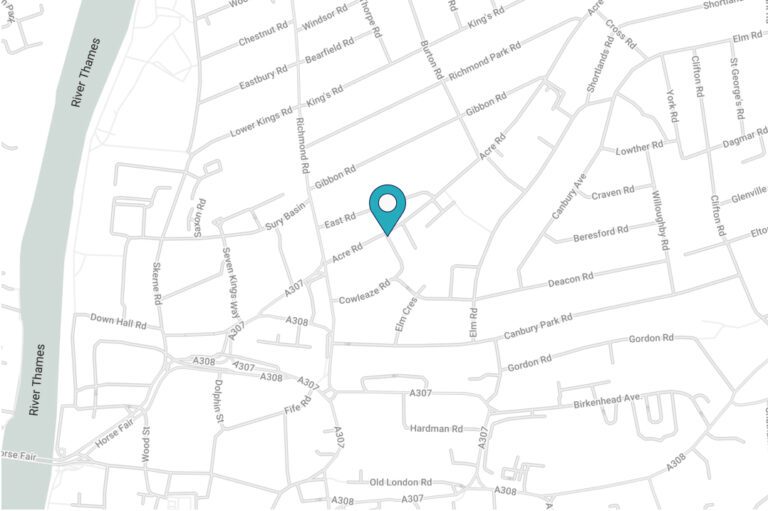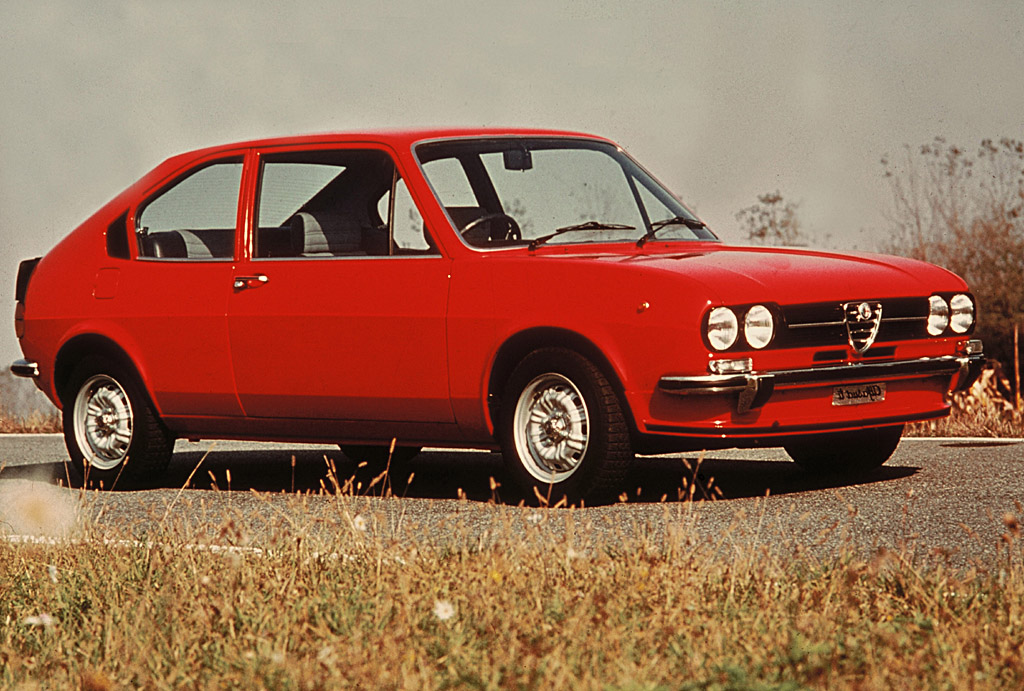I’m starting to feel a bit nostalgic.
I remember the good old days of rocking up at my local Post Office with my car documentation and latest MOT test certificate in order to walk away with a new tax disc for my much-loved Mini – yes, an iconic original Mini, which I wish I still had (but that topic deserves a blog all of its own, I digress).
Now, like most individuals, I buy my car tax online (due to the convenience factor). But at least for the moment I still get to carefully tear along the perforated edges of my new tax disc, which drops through my letterbox, so that it’s ready to take pride of place in the bottom corner of my windscreen.
I say for the moment, but in reality I have now ordered what will be my last ever tax disc. It is the end of an era, as the circular paper certificate which has been in our motoring lives for 93 years, since 1921, will be no more as of October 2014.
Henceforth, our payment of vehicle excise duty (VED) will simply be logged on an electronic register. This will tell the police all they need to know about who isn’t paying their car tax.
Apparently the change in the system is as a result of the number of VED visual checks by police and the DVLA having dropped 75% since 2008, as road tax has already been increasingly checked via electronic databases. Some of the savings from going paperless will be passed on to motorists (or at least that’s the plan).
As with everything, there are of course pros and cons attached to this new car tax ‘system’.
I’m being serious here, I’m not just thinking of the thousands of redundant tax disc holders – but maybe there should actually be a recycling scheme for these.
The ‘pros’ of the proposed new car tax system include; potentially allowing motorists to pay by monthly direct debit if they so wish, and making the six month option only 5% more expensive than the 12 month option (rather than the current 10% that is charged for this). Paying by monthly direct debit will also be 5% more than paying it all upfront as a lump sum for the year.
The main ‘con’ is that when anyone sells a vehicle with tax remaining this is then null and void, the new owner has to start a fresh and apply for their own car tax (so having a few months of tax left won’t be a selling point anymore when advertising second-hand cars).
One other point of interest, is that it may not be possible anymore for members of the public to report vehicles that appear to have no tax. This could be a pro or con depending how you look at it – and I will admit that once an anonymous neighbour of mine kindly decided to report my car for the tax having run out, when actually I didn’t think it was parked on the public highway (it was parked right outside my house in what we thought were private parking bays, and the reason it wasn’t taxed is because it was off the road for ‘maintenance’ and SORN hadn’t come into effect then so there was no requirement for this). Why my neighbour didn’t just inform me that it was technically a public highway, so that I could move my car and be legally compliant rather than breaking the law unknowingly and incurring a fine, I will never know (could have been one of those ‘has nothing better to do’ types, out to cause trouble). Thank you to that person.
My closing thoughts on the ‘no tax disc’ era that is approaching fast, is that yes it’s time to move on and embrace the modern age.
Perhaps tax discs will now become collectors’ items. I think I might even keep my last one, and you never know, I might be able to sell it in future to recoup the money I had to fork out for the tax evasion fine my neighbour gifted me!
Supporting video: BBC News – The demise of the car tax disc

















